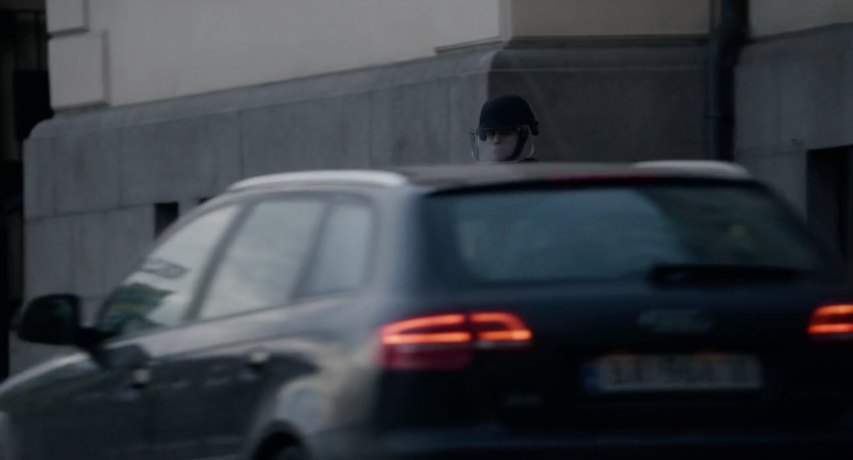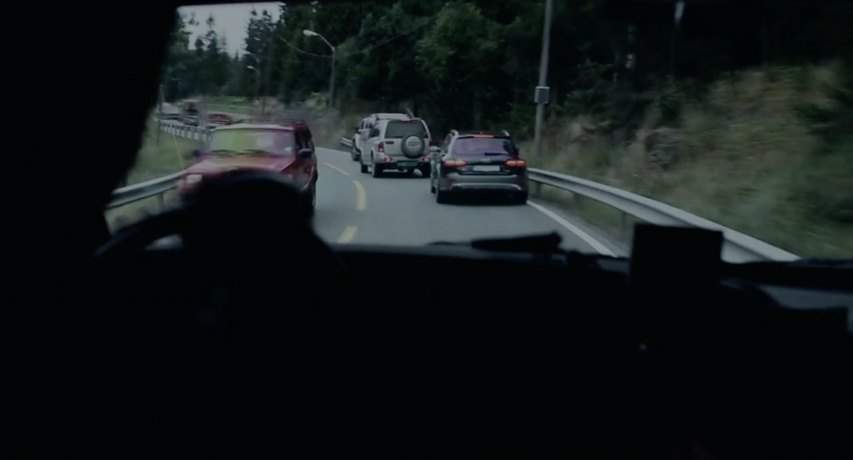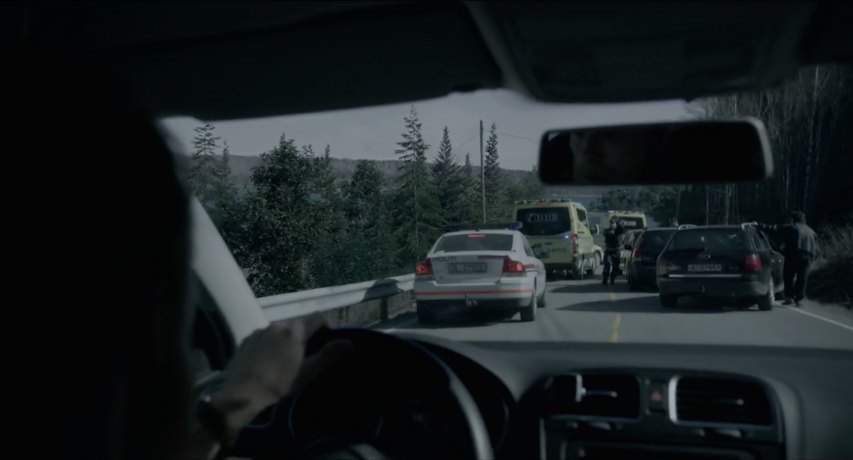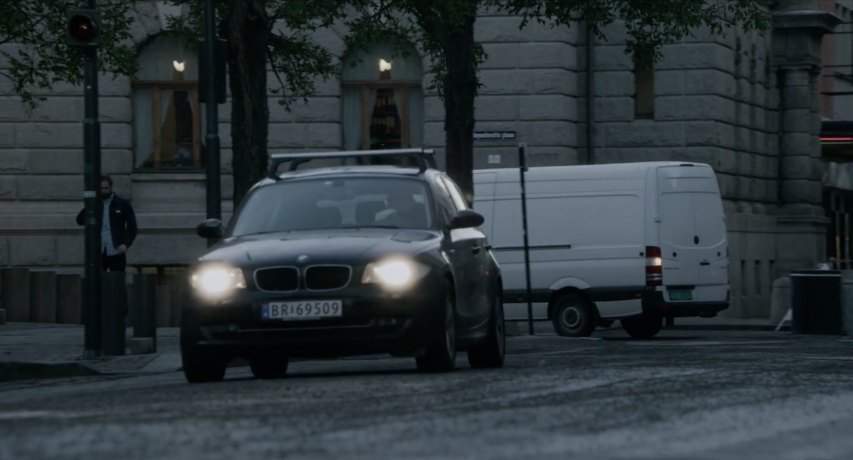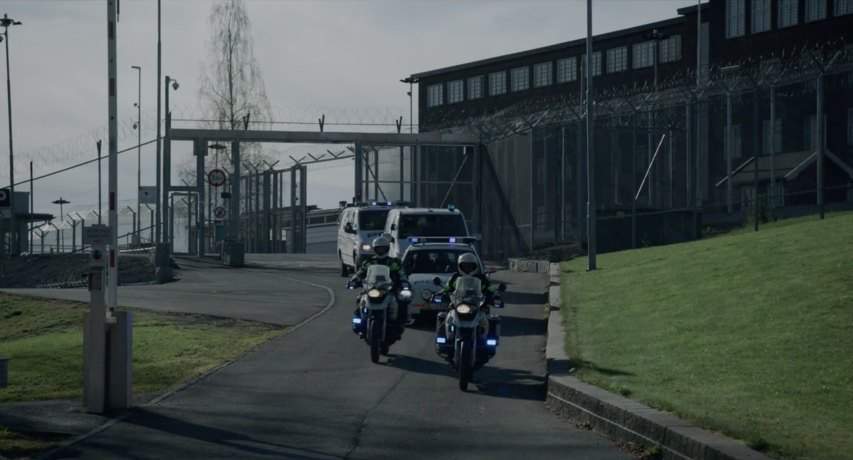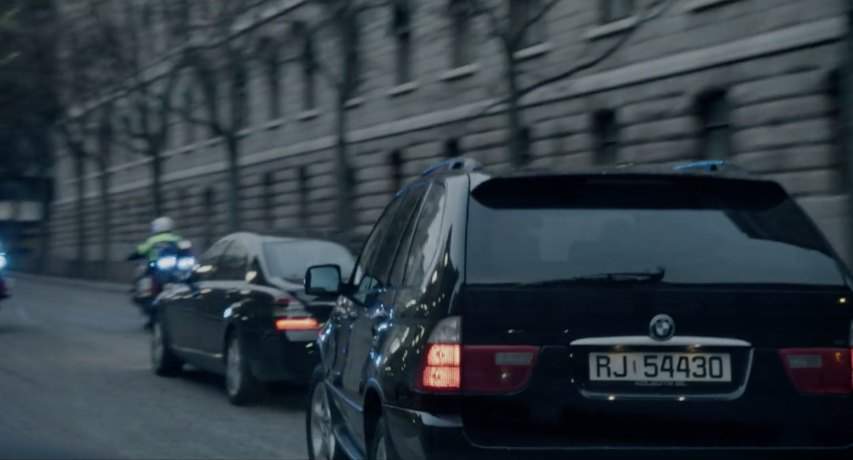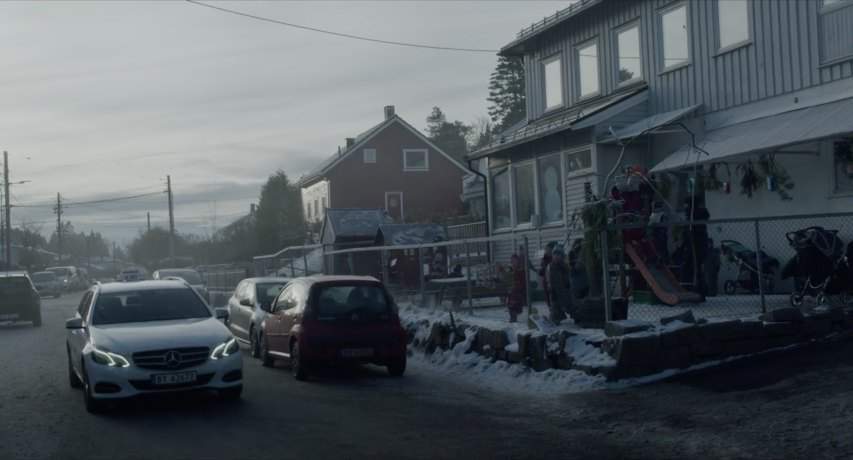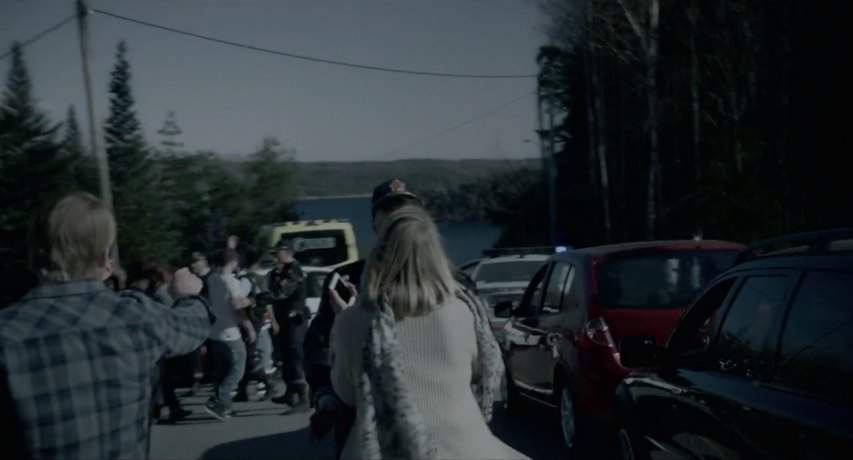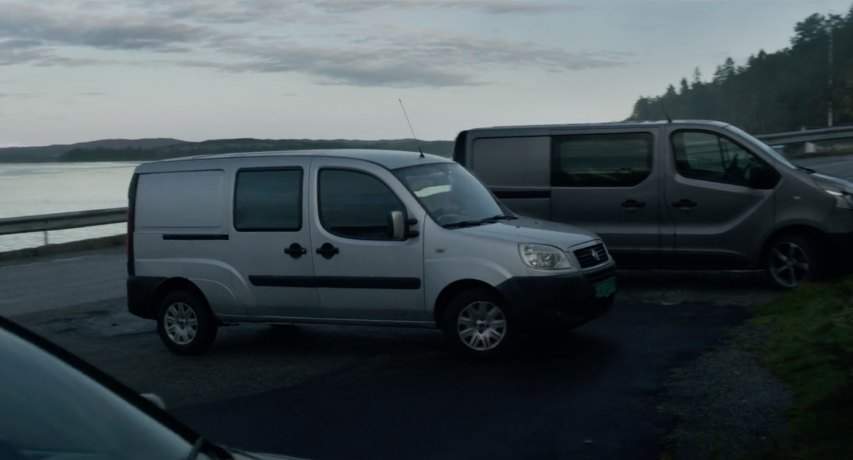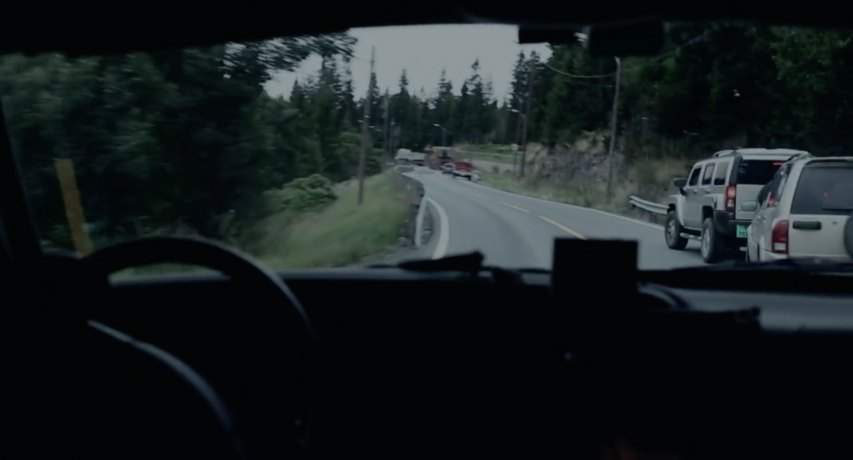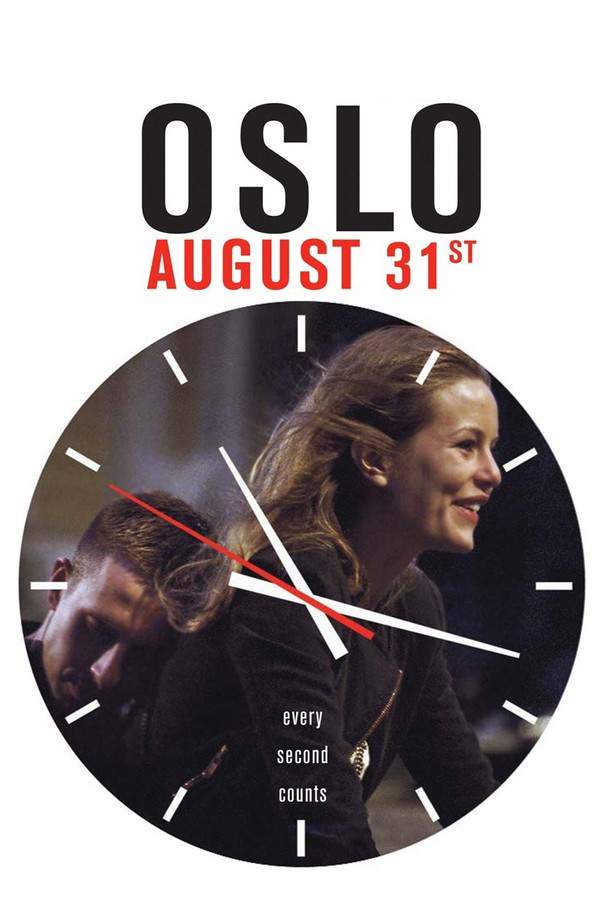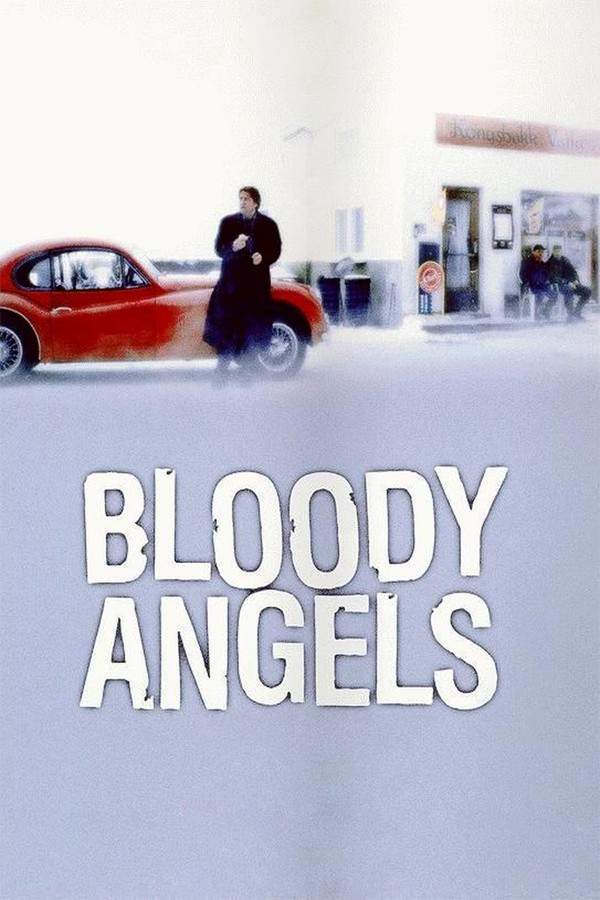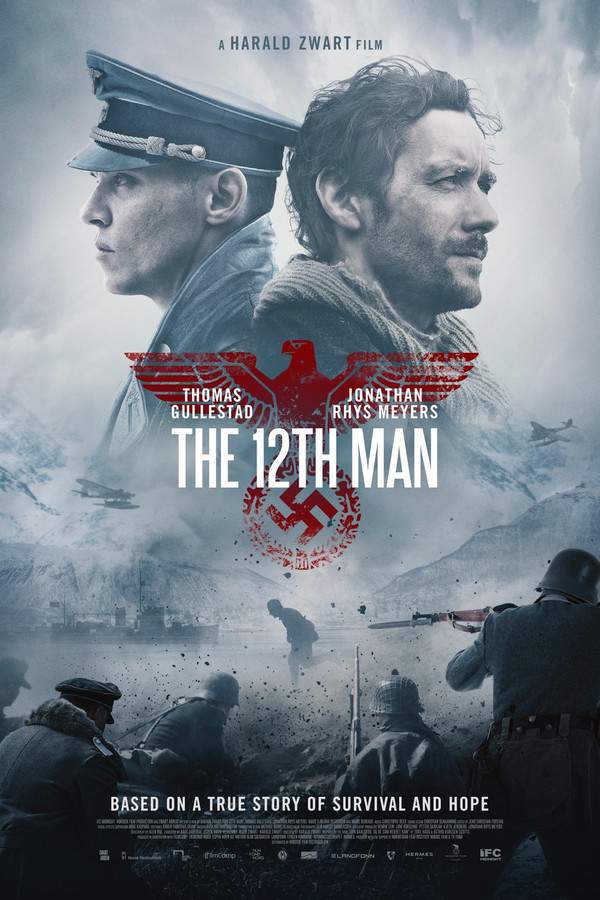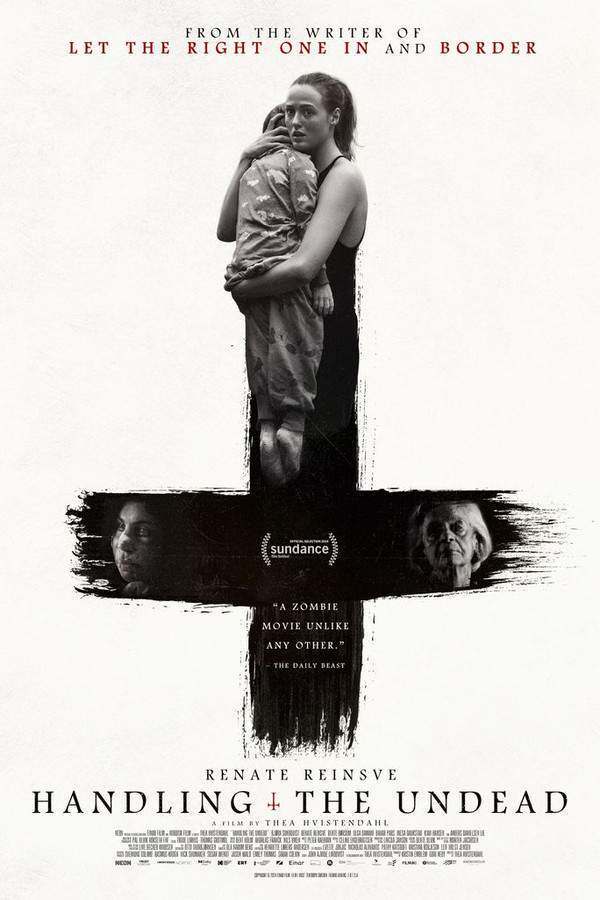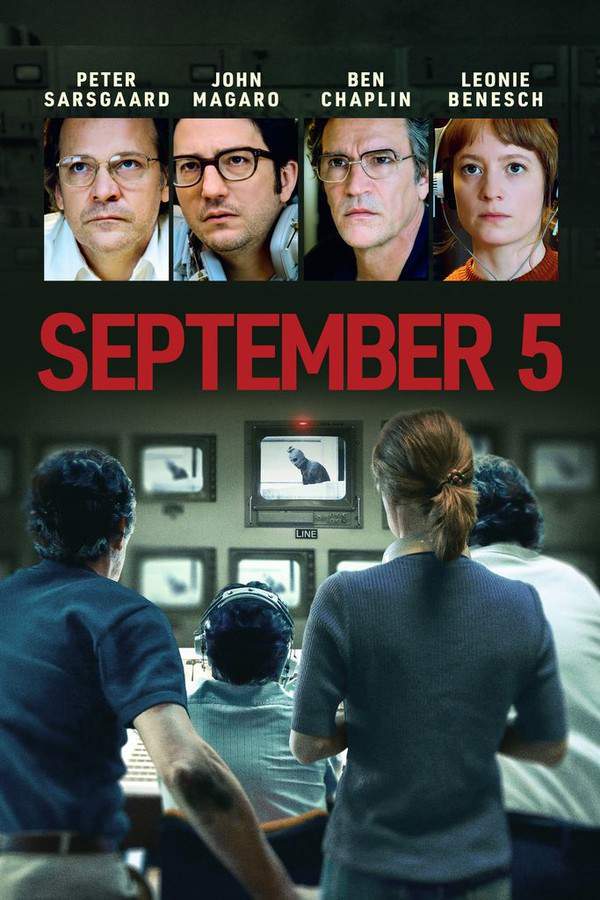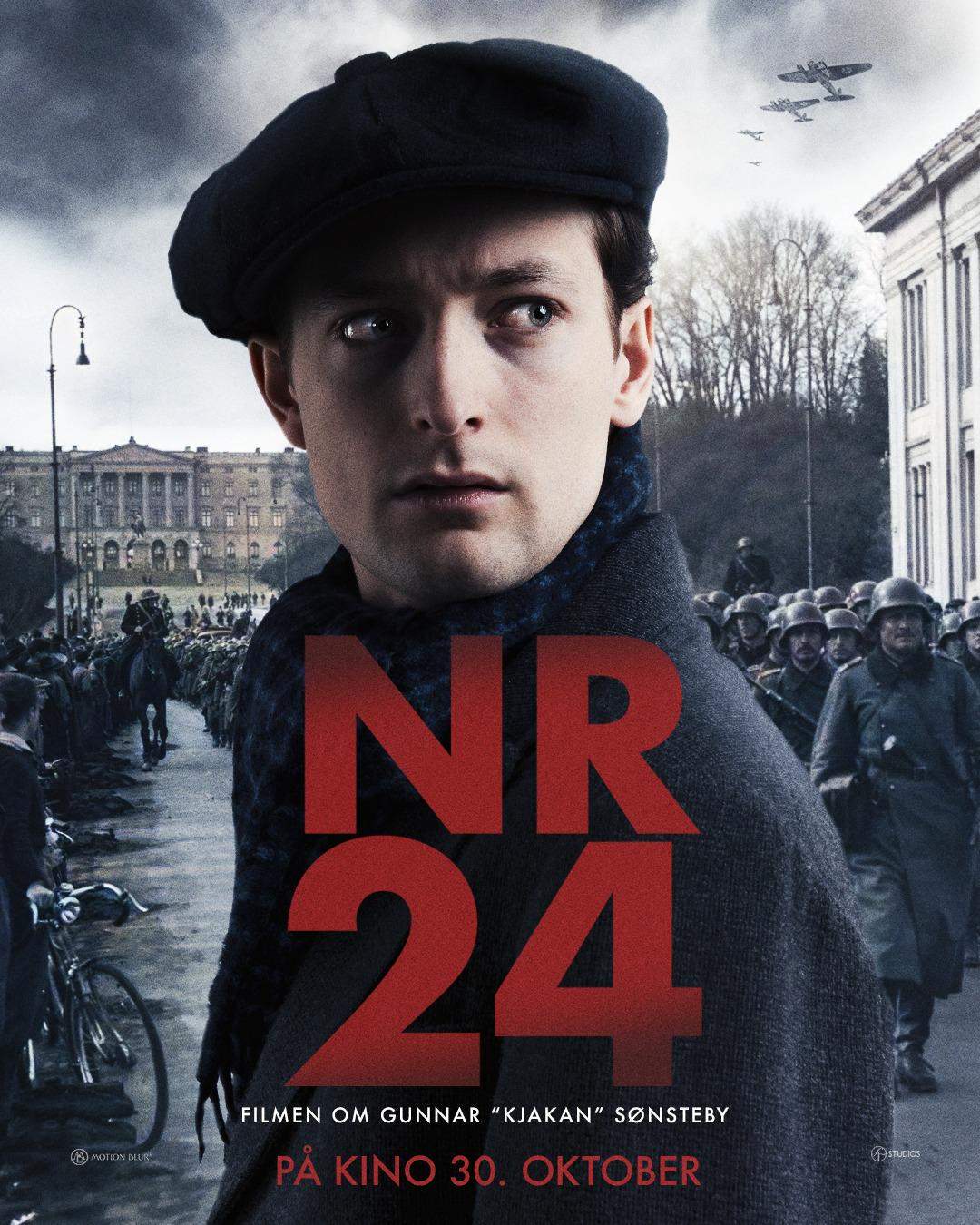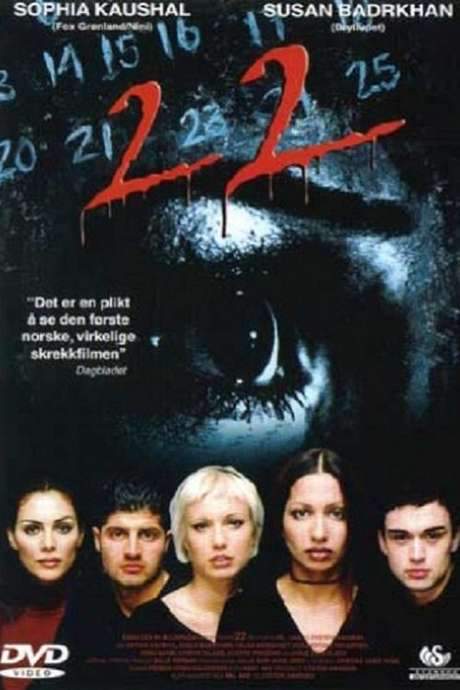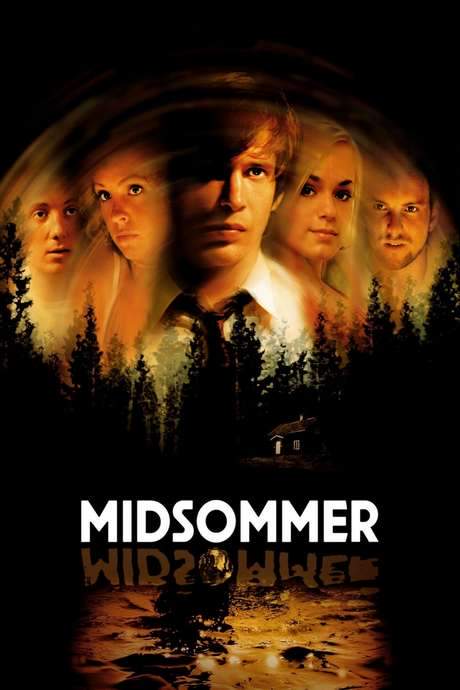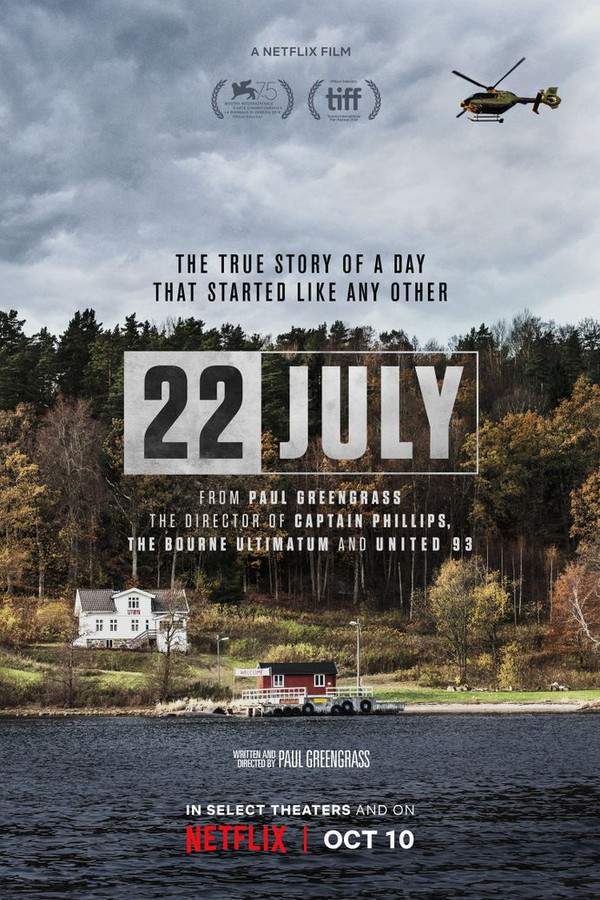
During a peaceful summer at a Norwegian youth camp, a horrific act of terror abruptly ends the innocence, resulting in the tragic loss of 77 lives. This gripping drama, based on actual events, explores the profound impact of extremism and the devastating consequences of Norway's deadliest attack, focusing on the human toll and the long road to recovery.
Does 22 July have end credit scenes?
No!
22 July does not have end credit scenes. You can leave when the credits roll.
Meet the Full Cast and Actors of 22 July
Explore the complete cast of 22 July, including both lead and supporting actors. Learn who plays each character, discover their past roles and achievements, and find out what makes this ensemble cast stand out in the world of film and television.

Anders Danielsen Lie
Anders Behring Breivik

Anneke von der Lippe

Caroline Glomnes

Charlotte Bottolfsen Iversen

Hang Tran

Isak Bakli Aglen
Torje Hanssen

Joakim Skarli
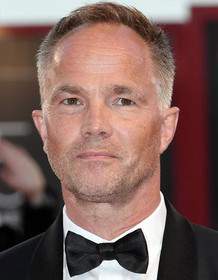
Jon Øigarden
Geir Lippestad

Jonas Strand Gravli
Viljar Hanssen

Kenan Ibrahimefendic
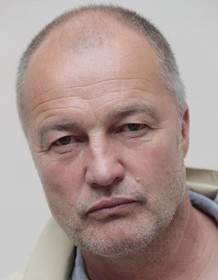
Lars Arentz-Hansen

Maria Bock
Christin Kristoffersen

Marit Andreassen
Prime Minister Aide #1

Marita Fjeldheim Wierdal
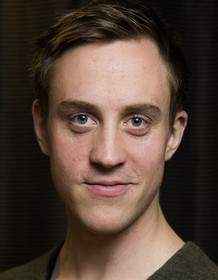
Mikkel Bratt Silset

Ola G. Furuseth
Prime Minister Jens Stoltenberg

Seda Witt
Lara Rachid

Thorbjørn Harr
Sveinn Are Hanssen

Tommy Hyving

Trim Balaj

Øystein Martinsen
Prime Minister Aide #2
External Links and Streaming Options
Discover where to watch 22 July online, including streaming platforms, rental options, and official sources. Compare reviews, ratings, and in-depth movie information across sites like IMDb, TMDb, Rotten Tomatoes or Metacritic.
Ratings and Reviews for 22 July
See how 22 July is rated across major platforms like IMDb, Metacritic, and TMDb. Compare audience scores and critic reviews to understand where 22 July stands among top-rated movies in its genre.

The Movie Echo Score
22 July offers a measured yet intense dramatization of the Norway attacks. It balances a sober procedural structure with powerful personal moments, though some viewers find its focus on the perpetrator and its familiar stylistic approach limit its impact. The film’s craftsmanship supports its emotional scenes but occasionally slips into glib territory. Sensory elements strongly convey panic and terror, yet its length and somber tone may reduce rewatch appeal. Overall, it delivers a compelling but restrained reflection on tragedy.
The Movie Echo Score Breakdown for 22 July

Art & Craft
In terms of art and craft, the film’s cinematography and editing are consistently effective, using a handheld camera to evoke confusion and panic. The production design favors an understated color palette that underscores the somber tone. Direction remains focused though occasionally treads familiar ground. Overall, the craft supports the narrative’s intensity.

Character & Emotion
Regarding character and emotion, performances are expressive and frequently convey resilience, especially in scenes with survivors. The portrayal of the perpetrator is chilling but can feel unsettling as it draws attention to his persona. Emotional resonance is strong in recovery moments, though some secondary roles lack depth. Overall, the character work delivers mixed impact.

Story & Flow
On story and flow, the narrative is coherent and engages through its procedural framework, yet it sometimes leans on familiar dramatization patterns. The pacing is measured but lengthy sequences can dilute momentum. Attempts at original insight into justice and recovery yield emotional payoffs, though contextual depth is limited. Overall, the plot strikes a moderate balance.

Sensory Experience
In terms of sensory experience, the score and sound design intensify tension effectively, while visuals employ a muted, somber palette. The film maintains a careful distance from graphic brutality, balancing up-close immediacy and restraint. Editing choices sustain momentum but occasionally feel glib. Overall, its sensory elements create a powerful yet austere atmosphere.

Rewatch Factor
For rewatch factor, the film’s somber tone and its unflinching focus on a real tragedy make repeated viewings challenging. While its craftsmanship and emotional moments remain compelling, the procedural structure and length diminish incentive for multiple viewings. Overall, the movie offers meaningful insights, but its heavy subject matter limits its replay appeal.

69
Metascore
6.9
User Score


80%
TOMATOMETER

69%
User Score

6.8 /10
IMDb Rating

71
%
User Score

3.2
From 35 fan ratings

0.00/5
Take the Ultimate 22 July Movie Quiz
Challenge your knowledge of 22 July with this fun and interactive movie quiz. Test yourself on key plot points, iconic characters, hidden details, and memorable moments to see how well you really know the film.
22 July Quiz: Test your knowledge about the chilling events surrounding the July 22, 2011 attacks in Norway and the subsequent trial of Anders Behring Breivik.
What date did the attacks in Norway occur?
July 22, 2011
August 1, 2011
July 20, 2011
June 22, 2011
Show hint
Full Plot Summary and Ending Explained for 22 July
Read the complete plot summary of 22 July, including all major events, twists, and the full ending explained in detail. Explore key characters, themes, hidden meanings, and everything you need to understand the story from beginning to end.
The film opens on July 21, 2011, just a day before the tragic events that would unfold. On that fateful day, Anders Behring Breivik (Anders Danielsen Lie), dressed in a police uniform, fills a van with homemade explosives and drives to Regjeringskvartalet, the executive government quarter situated in Oslo, Norway. He parks the van outside the office of Prime Minister Jens Stoltenberg (Ola G. Furuseth), and, moments later, the vehicle detonates, resulting in a devastating blast that leaves numerous casualties in its wake.
Meanwhile, on the island of Utøya in Tyrifjorden, Buskerud, a group of teenagers gathers for a summer camp organized by the Workers’ Youth League (AUF), affiliated with the ruling Labour Party. As the news of the bombing reaches the camp, all festivities come to an abrupt halt. Among the campers, Viljar Hanssen (Jonas Strand Gravli) anxiously calls his parents to ensure their safety.
Breivik arrives at the ferry landing claiming to be a police officer dispatched to secure the island following the initial attack. He is transported to Utøya by the camp director, after which he orders the staff to corral the children in one area. When challenged for identification by the head of security, Breivik responds with violence, fatally shooting him and the director. Chaos erupts as the terrified children attempt to flee while Breivik fires indiscriminately, resulting in the tragic loss of dozens of lives.
As destruction reigns, Viljar and his brother, Torje Hanssen (Isak Bakli Aglen), take cover on a rocky beach alongside other students. Viljar manages to contact his mother, revealing the harrowing situation as the shooting unfolds. Breivik discovers their hiding spot and opens fire, leaving Viljar severely injured while Torje miraculously escapes unharmed. Subsequently, Breivik surrenders to police tactical teams and is taken for interrogation.
Viljar endures emergency surgery at the hospital to remove bullet fragments embedded within his brain, as danger looms over his recovery. His parents arrive at the camp, searching for Torje but soon become distraught when they learn that Viljar is missing. The mother, Christin Kristoffersen (Maria Bock), desperately tries to get updates from the hospital until she receives news that Viljar is undergoing critical surgery. Meanwhile, the father, Sveinn Are Hanssen (Thorbjørn Harr), grapples with the tragic knowledge that Viljar’s best friends, Simon and Anders, have not survived the massacre.
During the subsequent interrogation, Breivik presents himself as the pro-Nazi leader of a white nationalist group called the Knight’s Templar, threatening future attacks on command. He seeks legal representation from Geir Lippestad (Jon Øigarden), who faces an ethical dilemma in defending a client whose actions have caused immense sorrow. Lippestad contemplates an insanity defense, despite the backlash it garners, which could lead to Breivik’s institutionalization rather than imprisonment. With expertise from several psychiatrists, Breivik is possibly diagnosed with paranoid schizophrenia. He expresses a desire to be deemed competent, wishing to validate his actions and face trial. Ultimately, it is revealed during the trial that Breivik took the lives of 77 individuals—8 in the initial Oslo bombing and 69 on Utøya.
After waking from a coma with life-altering injuries, Viljar discovers the impossibility of removing all bullet fragments from his brain, as some have settled perilously close to the brain stem. This reality leaves him burdened with uncertainty about his health and future. Furthermore, he loses sight in one eye and, upon returning home with his family, embarks on the arduous journey of rehabilitation. Though his mother endlessly supports him, the haunting memories of the massacre continue to plague him.
In a courageous act, along with another survivor named Lara Rachid (Seda Witt), Viljar testifies in court, recounting the horrifying details of the attack, including the heartbreaking losses of his best friends. Eventually, Breivik is convicted of murder and terrorism, receiving a life sentence in solitary confinement at Skien Prison, with the possibility of parole in 21 years—a chance that may ultimately result in him serving a life term behind bars. Intriguingly, despite his sentence, Breivik maintains a disturbing sense of pride.
As time passes, Viljar turns his focus toward his education, aspiring to become a lawyer and pursue a career in politics, while Lippestad remains a dedicated practitioner of law in Oslo. Jens Stoltenberg continues in his role as Prime Minister until 2013, after which he ascends to the position of Secretary General of NATO.
Uncover the Details: Timeline, Characters, Themes, and Beyond!

Coming soon on iOS and Android
The Plot Explained Mobile App
From blockbusters to hidden gems — dive into movie stories anytime, anywhere. Save your favorites, discover plots faster, and never miss a twist again.
Sign up to be the first to know when we launch. Your email stays private — always.
Watch Trailers, Clips & Behind-the-Scenes for 22 July
Watch official trailers, exclusive clips, cast interviews, and behind-the-scenes footage from 22 July. Dive deeper into the making of the film, its standout moments, and key production insights.
Cars Featured in 22 July
Explore all cars featured in 22 July, including their makes, models, scenes they appear in, and their significance to the plot. A must-read for car enthusiasts and movie buffs alike.
22 July Themes and Keywords
Discover the central themes, ideas, and keywords that define the movie’s story, tone, and message. Analyze the film’s deeper meanings, genre influences, and recurring concepts.
22 July Other Names and Titles
Explore the various alternative titles, translations, and other names used for 22 July across different regions and languages. Understand how the film is marketed and recognized worldwide.
Similar Movies To 22 July You Should Know About
Browse a curated list of movies similar in genre, tone, characters, or story structure. Discover new titles like the one you're watching, perfect for fans of related plots, vibes, or cinematic styles.
Quick Links: Summary, Cast, Ratings, More

What's After the Movie?
Not sure whether to stay after the credits? Find out!
Explore Our Movie Platform
New Movie Releases (2025)
Famous Movie Actors
Top Film Production Studios
Movie Plot Summaries & Endings
Major Movie Awards & Winners
Best Concert Films & Music Documentaries
Movie Collections and Curated Lists
© 2025 What's After the Movie. All rights reserved.













